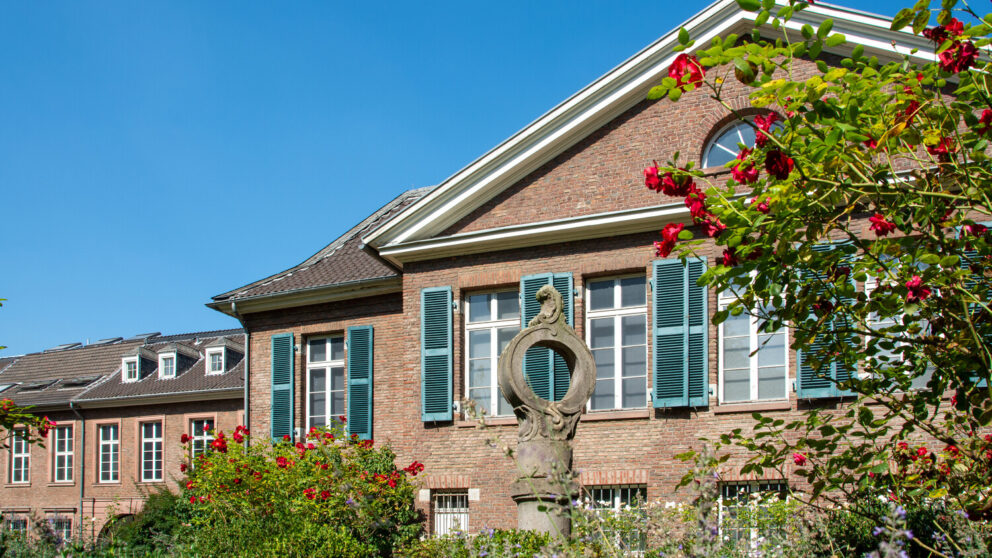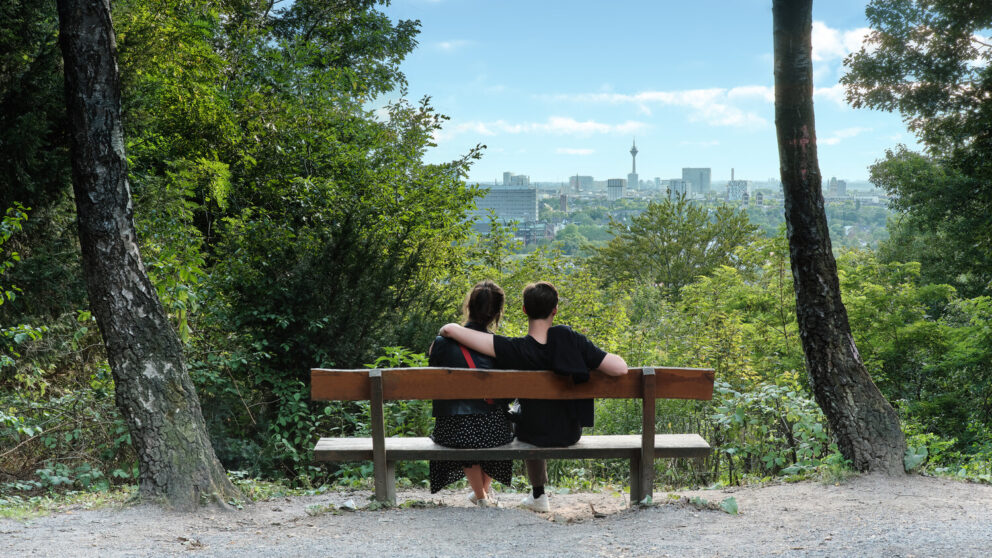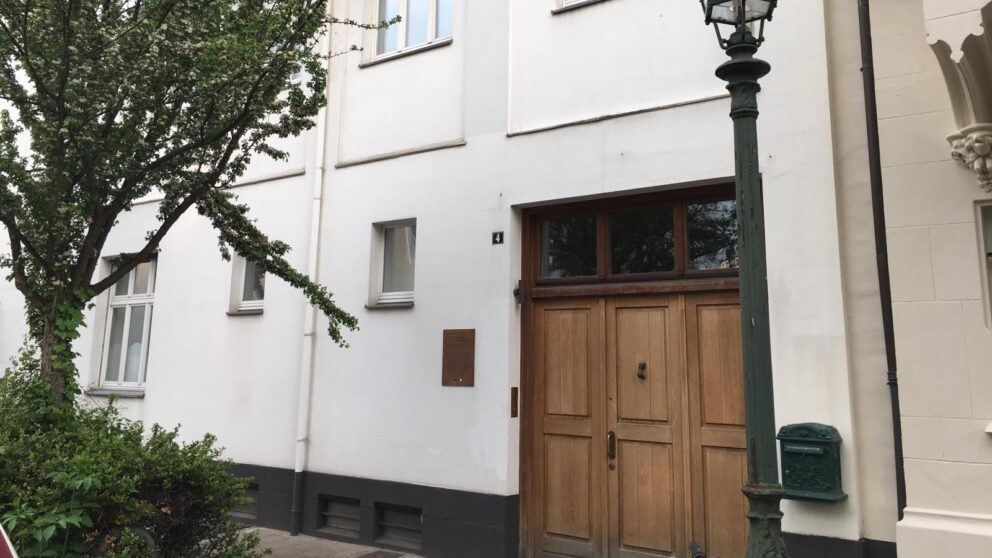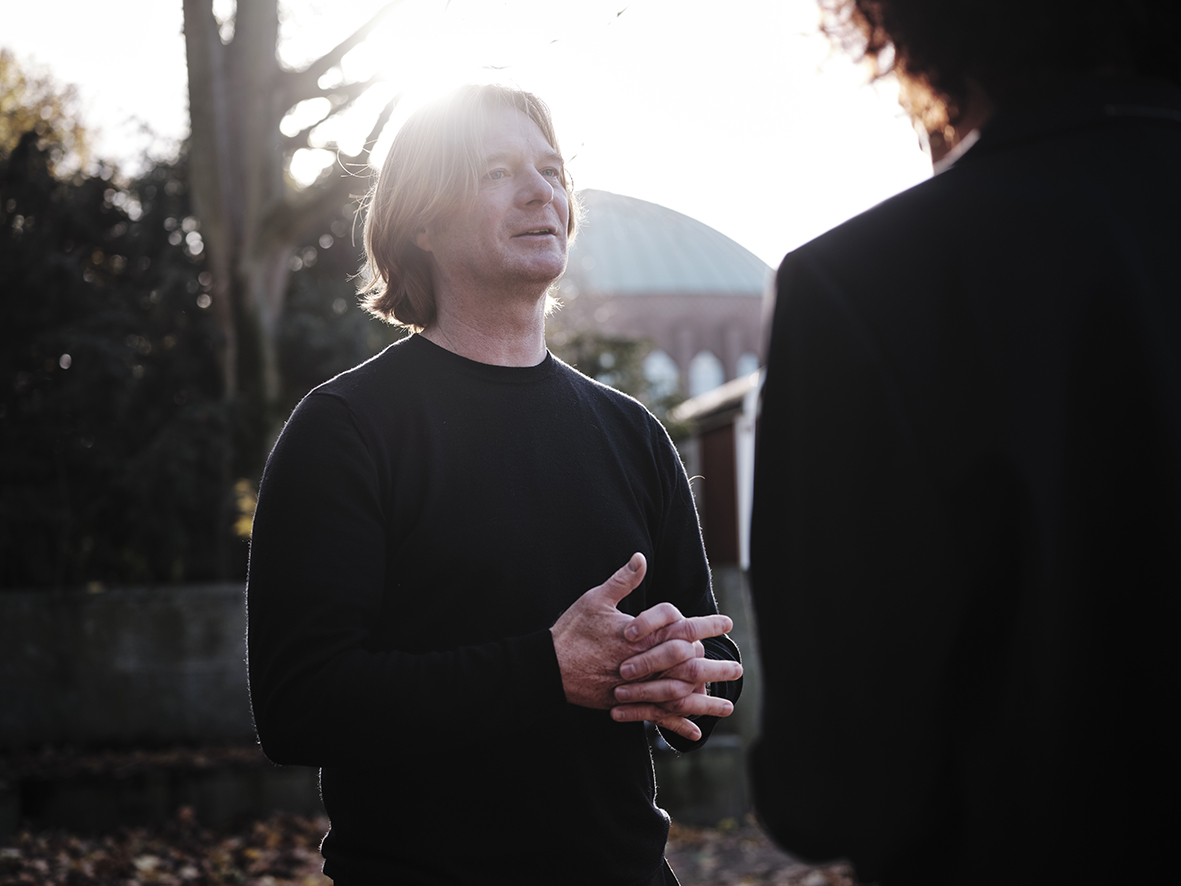
“Düsseldorf has come on in leaps and bounds”
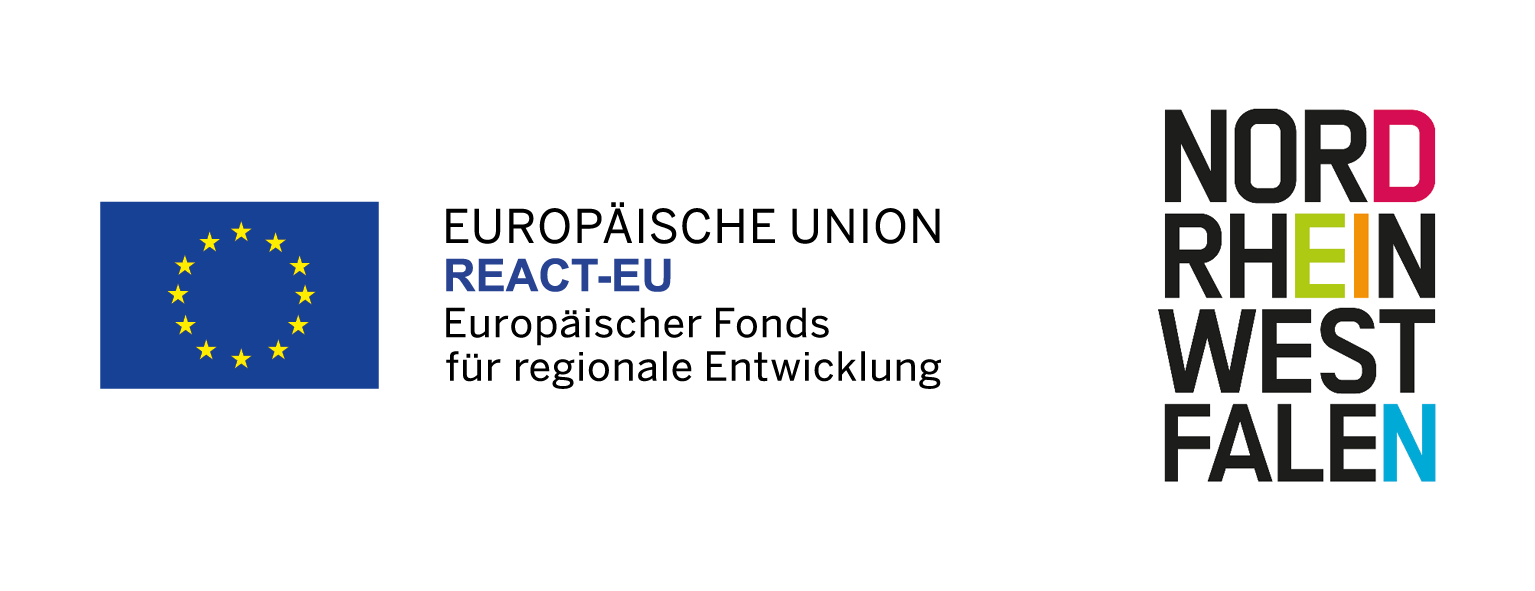
“Düsseldorf has come on in leaps and bounds”
Interview with curator Ralph Goertz
Ralph Goertz has been the director of IKS, one of Europe’s biggest archives for the visual arts, since 2009.
His résumé is breathtaking. Ralph completed apprenticeships to become a cameraman and a tailor, studied theatre, film and television in Bochum and was the director of the chamber opera of North Rhine-Westphalia for six years. He has also made 93 documentaries on artists, including leading lights in their field such as Candida Höfer, John Baldessari and Tony Cragg. Since 2008, Ralph has been a guest curator for exhibitions focused on UK, German and US photography from the 1960s onwards. He is also a guest lecturer at the Heinrich Heine University in Düsseldorf. IKS, a non-profit organisation of which Ralph is the director, set up its own photography department in 2022 that produces and curates touring exhibitions. Its mission is to promote the medium of photography as a form of intercultural communication. We met with Ralph in his office at the NRW Forum.
Ralph, you’re the director of the IKS, the Institute for Art Documentation, and you have your office at the NRW Forum. What does it mean to you to work here?
It really meant a lot to me when the Forum’s former directors, Werner Lippert and Petra Wenzel, invited me to set up an office here. It was an incredibly important move. The NRW Forum has always had its finger on the pulse. It’s a showcase for contemporary art in dialogue with design and photography. It was an opportunity for the IKS to be seen as an institution in the art world, something for which I continue to be very grateful. It gave me the chance to film artists visiting the Forum and the exhibitions they mounted here. Later on I was also able to curate photographic exhibitions.
You curate exhibitions by UK, German and US photographers. What got you in to photography?
While I was doing my degree in theatre, film and television in Bochum, I had a sideline as a cameraman for ZDF, 3sat and arte. It was Thomas Ruff who actually got me into photography. As an inexperienced student I found his portraits unbelievably bad at first but they got me thinking that there must be something more to them! That’s how I stumbled upon concept photography. I then went on to hang out with Düsseldorf photographers connected with the Kunstakademie. My work nowadays as a documentary filmmaker allows me to unite my love of photography with my interest in people.
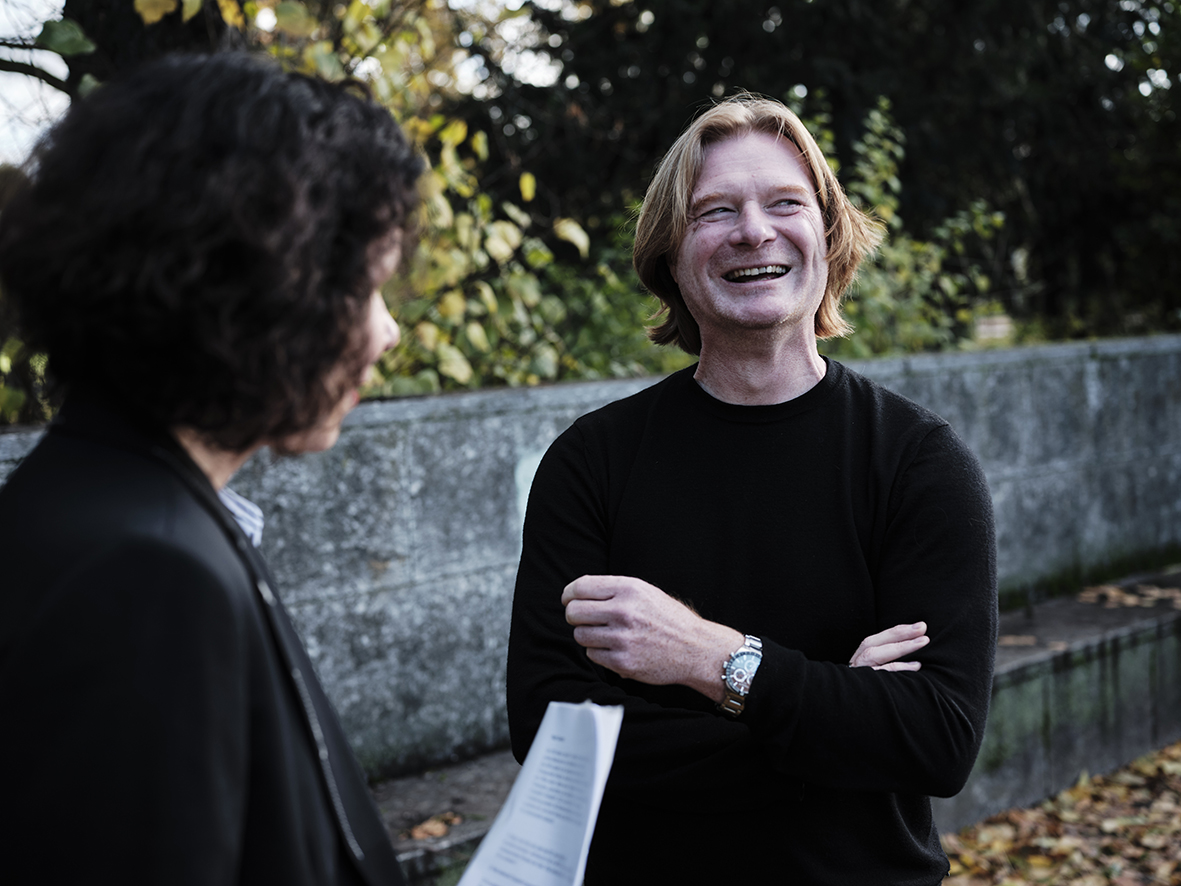
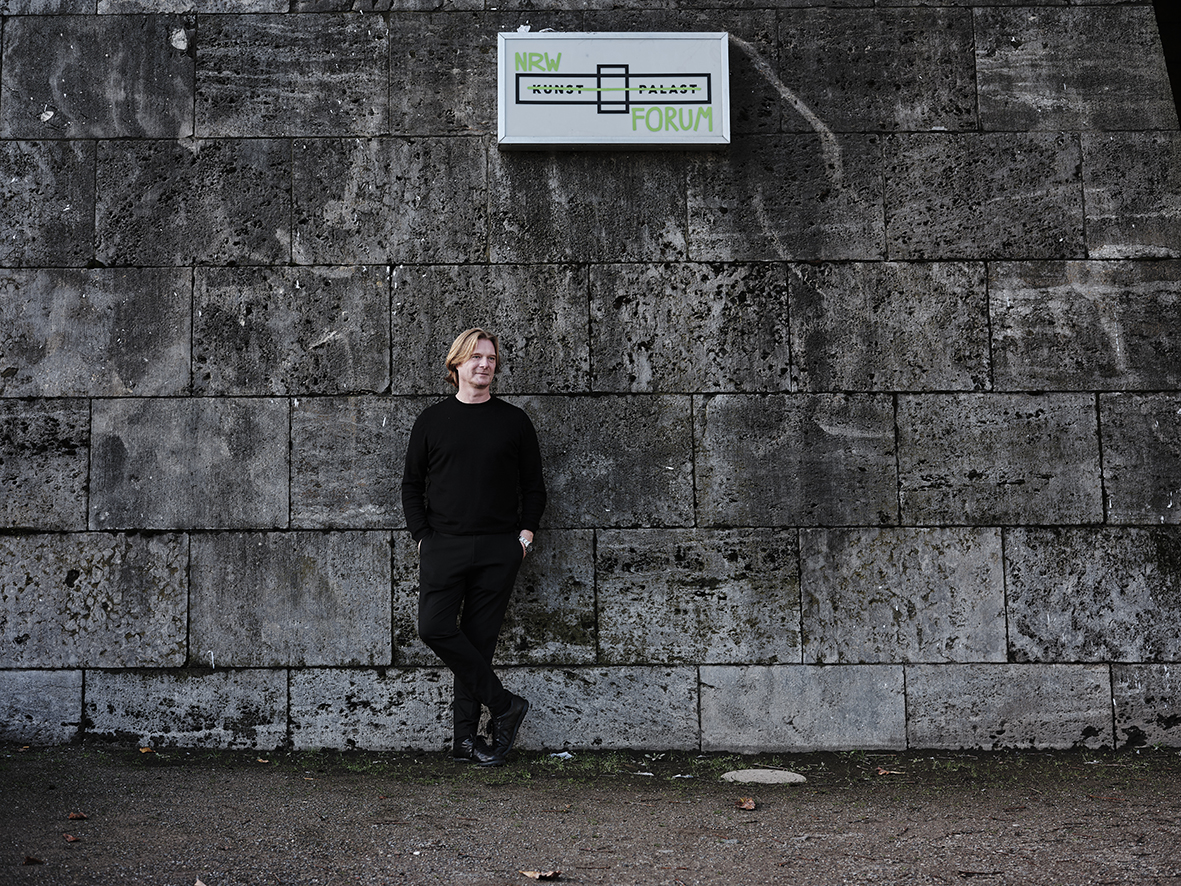
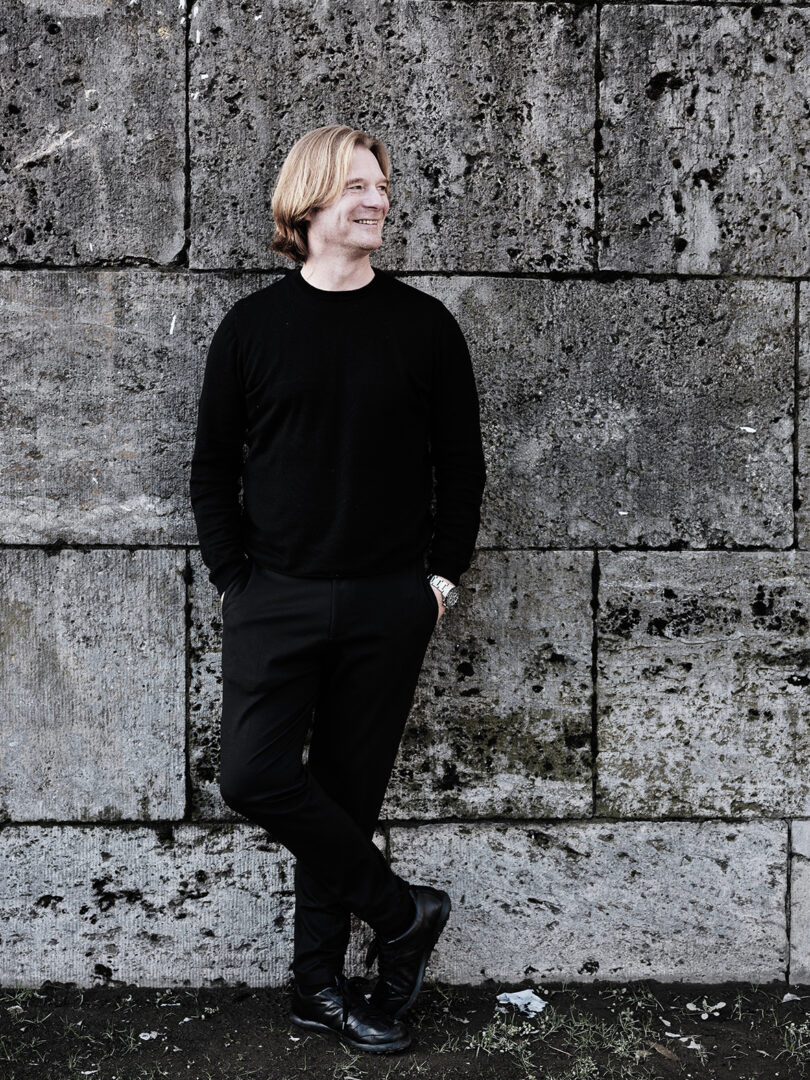
Three questions: What does Düsseldorf’s tradition in photographic art mean to you? Is there something like a New Düsseldorf School of Photography? Who do you most admire?
Düsseldorf has a rich photographic tradition. I would even go as far as to say it is richer than in any other city in Germany. It owes a lot to the Kunstakademie, the Academy of Fine Arts. Bernd and Hilla Becher, Thomas Ruff, Candida Höfer – they were all professors there. Andreas Gursky too. He taught free art at the academy for eight years, producing a brilliant new generation of artists. It was a generation that approached the medium of photography from an entirely new perspective, which was exactly Gursky’s intention. He wanted real people and characters in his art classes and not a collection of photography clichés. And he was remarkably successful in achieving this. Around a dozen exceptionally talented people studied under him, with Louisa Clement, Berit Schneidereit and Morgaine Schäfer being three of the most notable. It is brilliant to be able to watch how this new generation is establishing itself as a force in its own right, beyond the legacy of the Bechers. Düsseldorf seems to have a way of inspiring new ideas, particularly where the medium of photography is concerned.
And aside from art photography, what does Düsseldorf the city mean to you?
Düsseldorf has been my professional base since 1990 and has seen me hold various positions. The city has come on in leaps and bounds in my eyes. It’s not just the new Rheinufer tunnel that has made a big difference. Entire districts such as Bilk and Oberbilk as well as the gallery quarter have been transformed. The cliché of Düsseldorf simply being a city of fashion has had its day. The city now has a much more diverse profile, and much more art is happening in public spaces. Düsseldorf has got all the elements you’d expect of a world city: long thoroughfares to see and be seen, such as the Kö and Rheinuferpromenade, world-class architecture, an alternative scene, a lively pub culture in every neighbourhood, basically something for everyone. As somewhere to live and somewhere to love, Düsseldorf really has upped its game.
What projects are you currently working on?
Projects with IKS Photo, the department we set up at IKS in 2022. The collection focuses on the European photography scene. I want to mount large-scale exhibitions that revolve around issues of relevance to society and that are shown across Europe. In my eyes, photography and film are the most powerful media of our time. The pictures speak a universal language that transcends borders. ‘Facing Britain’ was the first exhibition that IKS Photo produced and the first anywhere – even in the UK – to provide such a thorough overview of the development of British documentary photography from the 1960s onwards.
I’ve taken it to five museums now and the collection has grown from 200 works to 530. The next exhibition is an all-female one: I’m exhibiting works by 25 women photographers from the UK. It will open in North Rhine-Westphalia soon but I can’t reveal where yet.
What do you think about the plans to set up a German Institute of Photography, right opposite the IKS at Ehrenhof?
The German Institute of Photography is an excellent opportunity for Düsseldorf to showcase photography from around the country as well as from the city’s own artists. If it’s going to focus on buying up legacy collections, it would be great to see the best individual works go on display rather then being consigned to the archives.
What do you personally consider to be the biggest challenge that lies ahead?
The difficult thing about curating exhibitions is catering to the interests of the local audience while also attempting to broaden their horizons. Both approaches can be productive, regardless of where the exhibition is located. The most important task for me as a curator is thinking about art and photography. Do the works on show reflect the issues of our time? I’m talking about identity, community and gender and people’s fears and dreams with regard to the future. There is a great desire to innovate with a great many people driving that desire, and the world of art is no different. That is something I have to contend with as a curator.
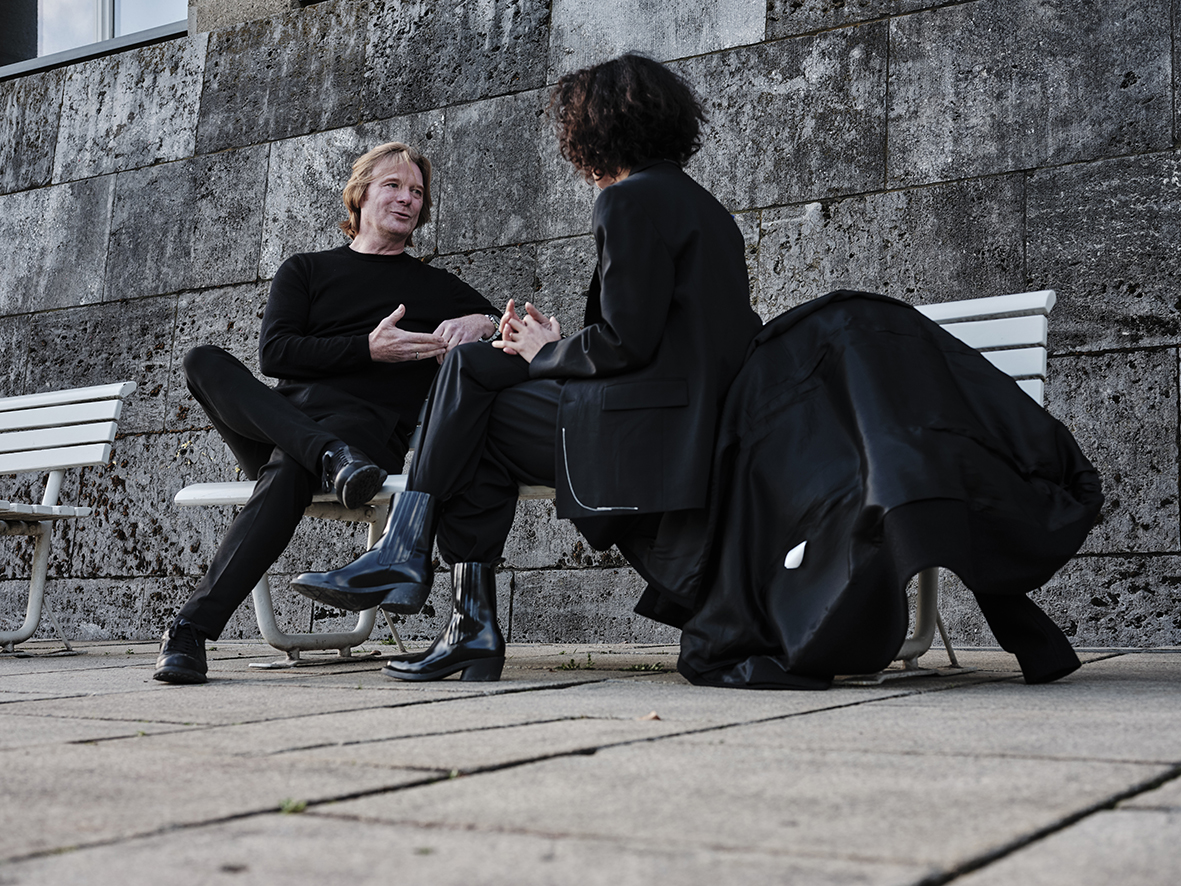
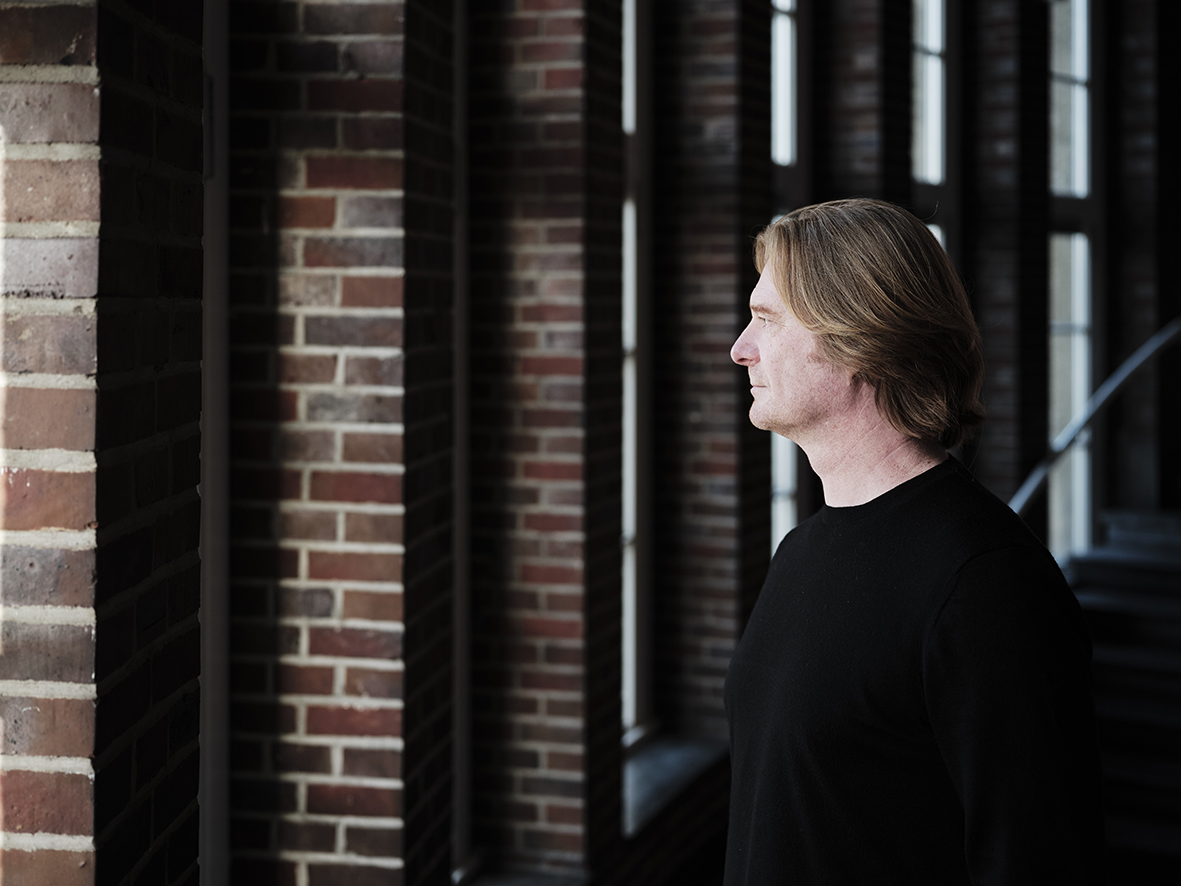
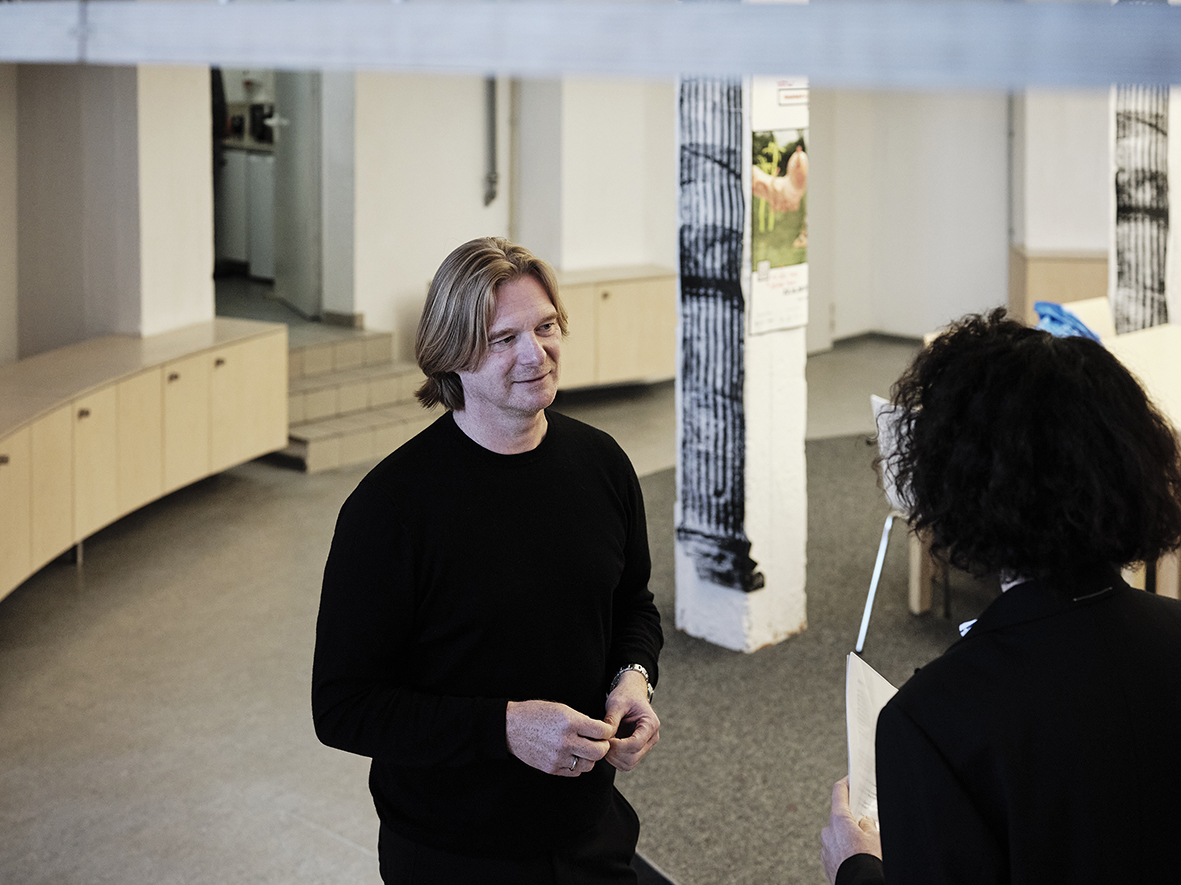
Interview by Ilona Marx and Markus Luigs (photos).
This article is supported by REACT-EU.
Images: Düsseldorf Tourism

